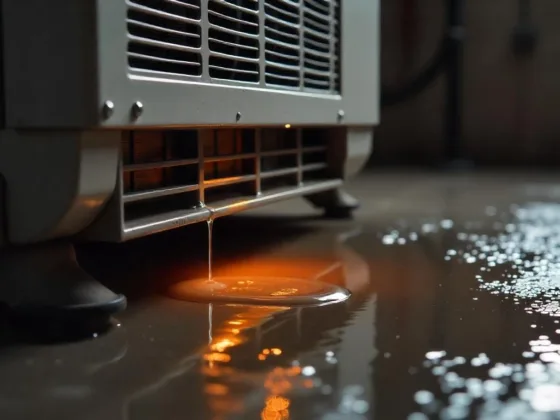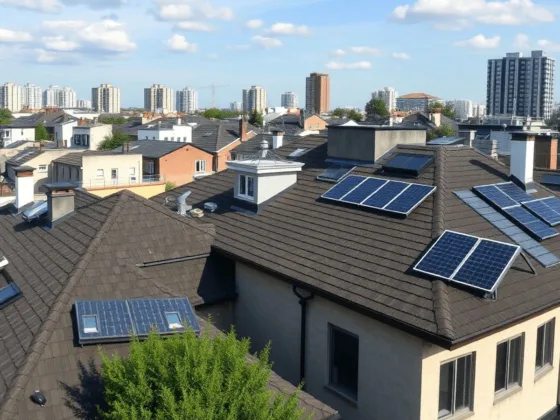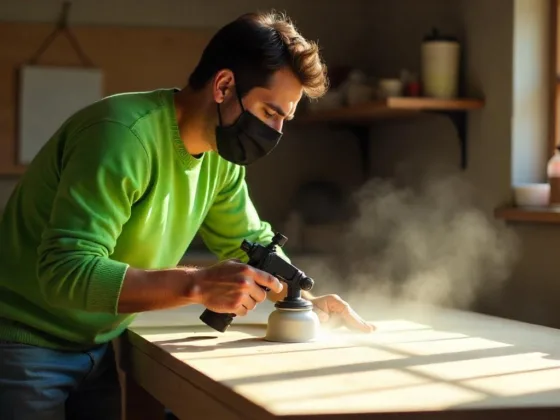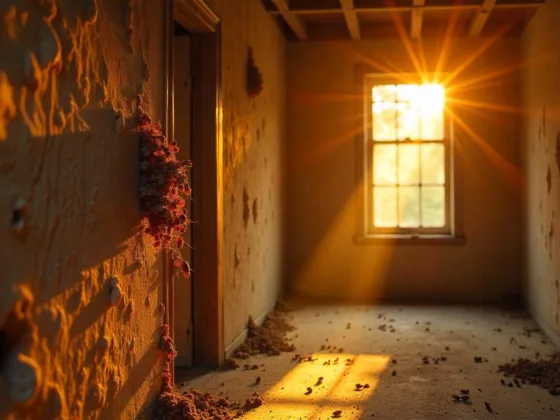When buying or selling a property, inspections play a crucial role in ensuring transparency, safety, and financial security. Whether you’re a buyer assessing potential risks or a seller preparing to put your home on the market, different types of property inspections provide valuable insights.
Here’s a breakdown of the most common property inspections in Australia and why they matter.
Pre-Purchase Inspection
A pre-purchase inspection happens before you buy a property. It gives buyers a full view of the property’s shape. This helps them dodge pricey surprises down the road.
The inspection checks the structure, plumbing, and electrics. It also looks for pests and other possible problems. With this info, buyers can ask for repairs. They might also change their offer or skip the purchase.
For example, if an inspector finds a cracked foundation, the buyer can ask the seller to fix it. If not, they can lower their offer to cover the repair cost. Sometimes, the problems are too big. Then, the buyer can walk away and find a better property.
RELATED: When You Need a Pre-Purchase Building Inspections Report?
Pre-Sale Inspection
Sellers can get a pre-sale inspection before listing their property. This helps find and fix issues early. Sellers can fix problems that might scare buyers. These issues could also drop the sale price. A good inspection report builds buyer trust. It also makes the sale smoother.
Imagine a seller fixes a leaky roof before listing. The inspection report shows this. Buyers will feel more secure and offer a better price. This avoids last-minute problems during the sale.
Pest Inspection
Termites and pests can cause big damage. Often, there are no signs until it’s too late. A pest inspection checks for termites, borers, and wood rot. This makes sure the home is safe from pests.
Pests can hurt the home’s structure. Both buyers and sellers gain from this inspection. Hidden pest damage can mean big repair bills.
For instance, termites can eat away at wooden beams. This weakens the floor and walls. The inspection finds this before it causes major harm.
Building Inspection
A building inspection checks the property’s structure. Inspectors look at the foundation, walls, and roof. They find defects, hazards, and code problems.
Whether buying or checking your property, this inspection is key. It gives you peace of mind.
Inspectors check that the building meets safety rules. If the foundation is sinking, they will note it. If the walls are not straight, they will report that too.
RELATED: Building Inspection in Sydney, NSW: Essential Reports for Home Buyers
Electrical Inspection
- Electrical problems can be dangerous. They can cause fires and shocks.
- An electrical inspection checks wiring and power points. It checks that they meet Australian rules.
- Buyers and sellers should do this inspection. It avoids costly repairs and safety risks.
- Bad wiring can cause a house fire. Old switchboards might not handle modern power needs. The inspection finds these issues before they cause harm.
Plumbing Inspection
- Leaks and bad water pressure can cost a lot. Outdated plumbing can also cause issues.
- A plumbing inspection checks pipes, drains, and water heaters. It makes sure they work well.
- Finding plumbing problems early avoids surprise costs. It also prevents water damage.
- A leaky pipe can rot wood and cause mold. Low water pressure might mean old, clogged pipes. The inspection finds and fixes these problems.
Why Professional Property Inspections Matter
A thorough property inspection ensures buyers make informed decisions while helping sellers present their property in the best possible condition. Choosing a trusted inspection service like Solid Start Property Inspections ensures accurate, detailed reports that highlight any concerns before they become costly problems.
No matter where you are in the property journey, investing in the right inspections can save time, money, and stress. Before committing to a property purchase or sale, make sure you understand its true condition with the right inspections in place.
FAQs
A general home inspection is a comprehensive evaluation of a property’s condition, typically conducted before a real estate transaction.It covers major components such as the roof, plumbing, electrical systems, and structural integrity, helping buyers make informed decisions.
A pest inspection focuses on identifying any signs of infestation by termites, rodents, or other pests.Inspectors assess the property for damage caused by pests and recommend treatment options if necessary, ensuring that buyers are aware of potential risks.
A roof inspection evaluates the condition of a roof, including its materials, structure, and drainage systems.It is important to identify any issues such as leaks, missing shingles, or deterioration, which can lead to costly repairs if not addressed.
A mold inspection specifically investigates the presence of mold and moisture issues within a property.While a general home inspection may note visible mold, a mold inspection involves air quality testing and surface sampling to determine the extent of the problem.
A pre-listing inspection is conducted by sellers before putting their property on the market.It helps identify potential issues that could affect the sale, allowing sellers to make necessary repairs and provide transparency to potential buyers.
A radon inspection assesses the levels of radon gas in a home, which can pose health risks if present in high concentrations.This inspection is particularly important in areas where radon is known to be a problem, helping buyers ensure a safe living environment.










